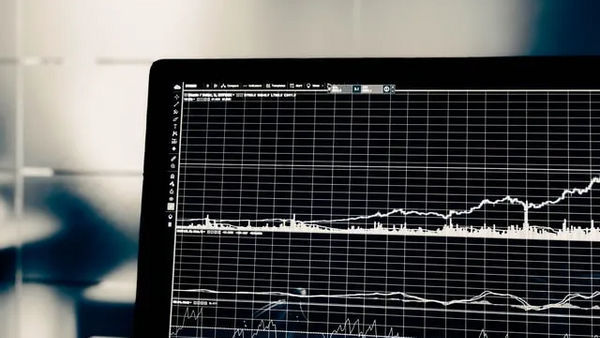Wall Street‘s S&P 500 index is on track for its biggest fall in almost a year on Monday as stocks in the US mirrored the losses seen in the overseas markets.
Investors are worried about the debt on Chinese property developers — and the repercussions of their potential default. Investors are also concerned that the US Federal Reserve could signal this week that it’s planning to pull back some of the support measures it’s been giving markets and the economy.
The S&P 500 fell 2.6%. The benchmark index has not closed that much lower since last October. The S&P 500 is also coming off two weeks of losses and is on track for its first monthly decline since January. The S&P 500 has gone an unusually long time without a pullback of 5% or more.
The Dow Jones Industrial Average fell 888 points, or 2.6%, to 33,701, while the Nasdaq fell 3.2%. The Hang Seng, Hong Kong’s main index, dropped 3.3% for its biggest loss since July. European markets fell about 2%.
One of China’s biggest real estate developers Evergrande’s potential default from the debt it owes is the main cause of worry.
The fear is that a potential collapse there could send a chain reaction through the Chinese property-development industry and spill over into the broader financial system, similar to how the failure of Lehman Brothers inflamed the 2008 financial crisis and Great Recession, according to the Associated Press.
Those property companies have been big drivers of the Chinese economy, which is the world’s second-largest.
If they fail to make good on their debts, the heavy losses taken by investors who hold their bonds would raise worries about their financial strength. Those bondholders could also be forced to sell other, unrelated investments to raise cash, which could hurt prices in seemingly unrelated markets. It’s a product of how tightly connected global markets have become, and it’s a concept the financial world calls “contagion.”
Besides Evergrande, several other worries have been lurking underneath the stock market’s mostly calm surface. In addition to the Fed possibly announcing that it’s letting off the accelerator on its support for the economy, Congress may opt for a destructive game of chicken before allowing the US Treasury to borrow more money and the COVID-19 pandemic continues to weigh on the global economy.
Regardless of what the biggest cause for Monday’s market swoon was, some analysts said such a decline was due. The S&P 500 hasn’t had even a 5% drop from a peak since October, and the nearly unstoppable rise has left stocks looking more expensive and with less room for error.
All the concerns have pushed some on Wall Street to predict upcoming drops for stocks. Morgan Stanley strategists said Monday that conditions may be ripening to cause a fall of 20% or more for the S&P 500. They pointed to weakening confidence among shoppers, the potential for higher taxes plus inflation to eat into corporate profits, and other signs that the economy’s growth may slow sharply.
Even if the economy can avoid that worse-than-expected slowdown, Morgan Stanley’s Michael Wilson said stocks could nevertheless drop about 10% as the Fed pares back on its support for markets. The Fed is due to deliver its latest economic and interest rate policy update on Wednesday.
(With inputs from the Associated Press)







